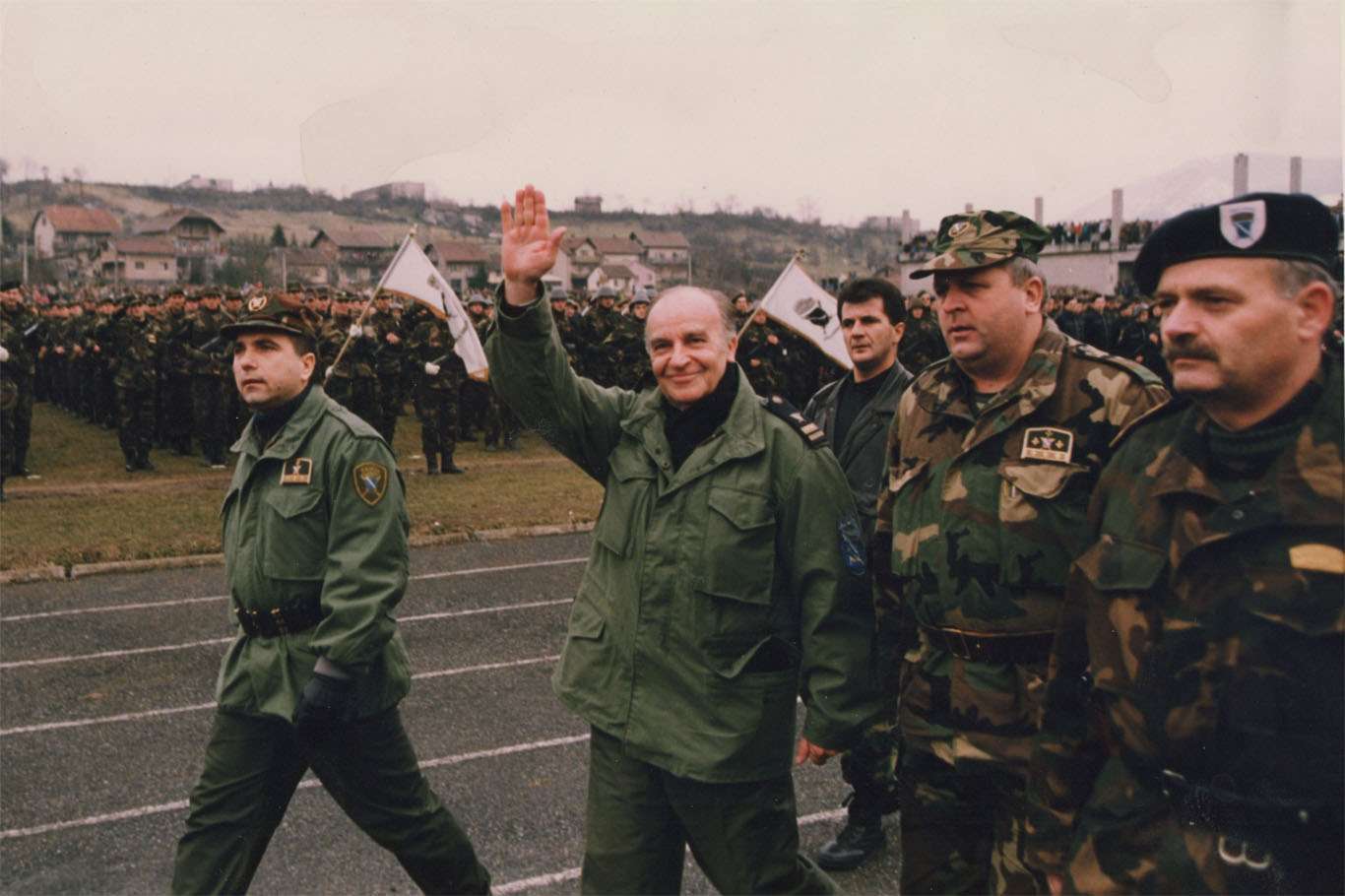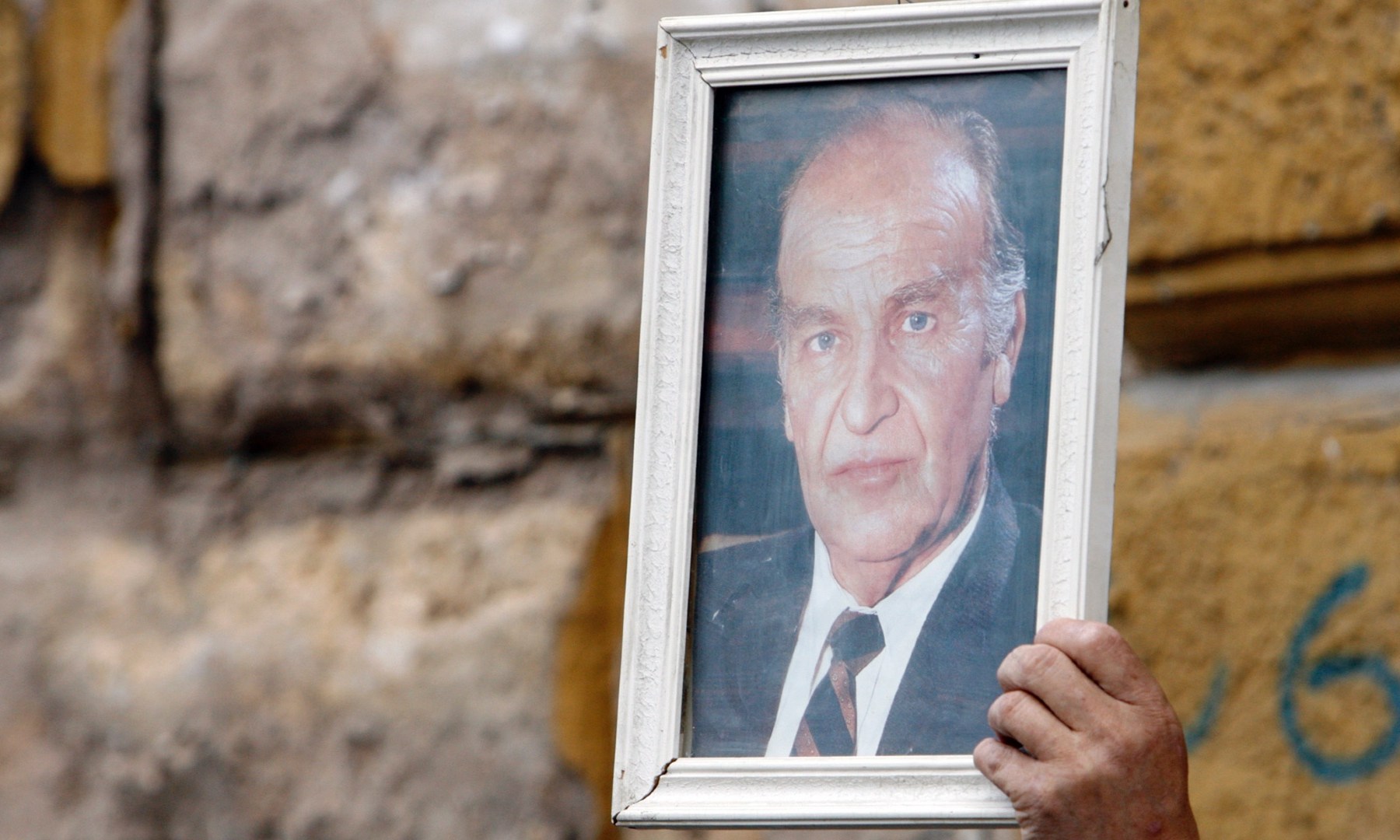Alija Izetbegović - A Journey From Prison To Bosnian Presidency
In the tumultuous landscape of Bosnian politics, the name Alija Izetbegović stands as a testament to resilience, determination, and the indomitable human spirit. His journey from imprisonment to the presidency is a saga that mirrors the complex history of Bosnia and Herzegovina.
Jul 08, 2021585 Shares194.9K Views

In the tumultuous landscape of Bosnian politics, the name Alija Izetbegović stands as a testament to resilience, determination, and the indomitable human spirit. His journey from imprisonment to the presidency is a saga that mirrors the complex history of Bosnia and Herzegovina. This article delves into the compelling narrative of Alija Izetbegović's life, tracing his path from the confines of prison to the pinnacle of Bosnian leadership.
Early Years And Intellectual Awakening
Alija Izetbegović was born on August 8, 1925, in the small Bosnian town of Bosanski Šamac. His early years were marked by the influence of his father, a respected religious scholar, and the multicultural environment of Bosnia. It was during his youth that Izetbegović developed a keen interest in Islamic philosophy and political thought, laying the foundation for his later activism.
Trials And Tribulations
Izetbegović's journey took an unexpected turn in 1983 when he, along with a group of intellectuals, was arrested for his role in drafting the Islamic Declaration, a document that outlined his vision for an Islamic state within a multi-religious Bosnia. The Yugoslav authorities perceived this as a threat to the existing political order and subsequently sentenced him to 14 years in prison.
Prison Years And Political Resilience
Despite being confined to the bleak walls of prison, Izetbegović's spirit remained unbroken. His time behind bars became a period of intellectual introspection and political maturation. He engaged in conversations with fellow inmates, fostering a sense of unity among those who shared his vision for a free and independent Bosnia.
Emergence As A Political Leader
Released from prison in 1988 due to mounting international pressure, Izetbegović wasted no time in rejoining the political arena. The disintegration of Yugoslavia and the ensuing Bosnian War presented both challenges and opportunities. Izetbegović emerged as a charismatic and determined leader, advocating for Bosnian independence and the preservation of its multi-ethnic fabric.
Bosnian Presidency And The Challenges Ahead
In 1990, Alija Izetbegović became the first president of the newly established Republic of Bosnia and Herzegovina. His presidency, however, was marked by the brutal Bosnian War, a conflict characterized by ethnic tensions and atrocities. Izetbegović faced the daunting task of leading a nation through the chaos of war, balancing the diverse interests of Bosniaks, Croats, and Serbs.
Legacy And Reflection
Alija Izetbegović's journey from prison to the Bosnian presidency is a story of personal fortitude and a nation's struggle for identity. His legacy is both celebrated and criticized, with some viewing him as a symbol of Bosnian independence and others questioning his handling of the complex ethnic dynamics that defined the post-Yugoslav era.
Conclusion
The life of Alija Izetbegović is a riveting narrative that transcends the individual to encapsulate the challenges faced by Bosnia and Herzegovina during a critical period in its history. From the confines of prison to the corridors of power, Izetbegović's journey reflects the enduring spirit of a people striving for self-determination and unity in the face of adversity.
Latest Articles
Popular Articles
